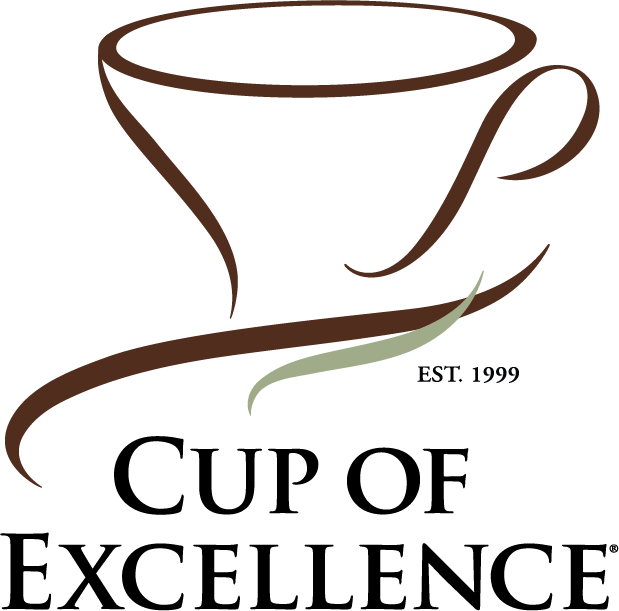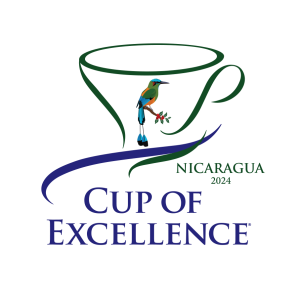Description
- Course: Q Processing class – Level 1 (Generalist) only for ACE Members
- Dates: April 23 – 24, 2018 9am – 5pm
- Cost $500 (includes 2 breakfasts and 2 lunches at our facility)*
- Accommodations: will be arranged at The Holiday Inn Express at our corporate rate and includes a light, continental breakfast, a whirlpool, swimming pool and gymnasium. https://www.ihg.com/holidayinnexpress/hotels/us/en/portland/pdxor/hoteldetail?cm_mmc=GoogleMaps-_-EX-_-US-_-PDXOR
- Where:
ACE Lab
- Payment to be made through www.dev.cupofexcellence.org and refunds after 90 will not be available.
- Instructor Bio for Joel Shuler: Joel Shuler holds a master’s degree in Agricultural Engineering from the Universidade Federal de Lavras with a specialization in coffee post-harvest processing. He is a Q Arabica and Q Processing Instructor who is passionate about all aspects of coffee, especially the effect of post-harvest processing on quality. In 2004 he founded Casa Brasil Coffees and in 2010 he purchased Little City Coffee Roasters, two based Austin, Texas-based roasters that work directly with coffee growers. As a post-harvest consultant, Joel has worked on diverse projects including the development of coffee standards for the Philippines, providing post-harvest support for the nascent specialty coffee industry in Myanmar, providing post-harvest facility analysis and technical support for China, and working with numerous coffee growers in Brazil to increase their coffee quality. He has authored or co-authored several chapters on coffee production in texts such as Coffee: Chemistry, Quality, and Health Implications and the Handbook of Coffee Post-Harvest Technology: A Comprehensive Guide to the Processing, Drying, and Storage of Coffee, a text which Joel also translated from Portuguese to English.
- Course Description: The Q Processing Course – Level 1 (Generalist)
- This is a suitable level for any coffee professional along the chain (from growers to baristas) willing to learn about the main processing methods, how they are carried out, and how they impact coffee chemistry and coffee flavor. The training part of the course includes lectures and a comparative cupping of processing methods and can be taught at any cupping laboratory. The competencies are tested through a written exam, in which a basic knowledge about processing needs to be demonstrated to receive a Q Processing Generalist Certificate. This level is completed in a 2-day course and is not a pre-requisite for the following levels.
- Student’s objective
- Understand how the coffee processing method, the coffee flavor character and the coffee quality are dependent on each other and how they are independent of each other, as three partially-overlapping spheres.
- Course contents
- Introduction.
- The role of processing within the coffee value chain: from producers to consumers. History of coffee processing.
- Processing methods.
- The anatomy of the coffee fruit. An anatomy-based classification of coffee-processing methods. Impact of processing method on coffee chemistry. Impact of processing method on cup character. Myth-busting session. Comparative cupping of main methods.
- Coffee fermentation.
- What it is and what it is not. Fermentation in washed coffees and in natural coffees. Fermentation vs. demucilation. Myth-busting session. Comparative cupping of fermentation protocols.
- Coffee drying.
- The overlooked operation. Water in a seed and how it is removed. Sun-drying vs. machine-drying. Myth-busting session.
- Challenges and the future of processing.
- Global warming issues. Water-pollution issues. Social and sustainability issues. Education at the origin and the future of processing.
- COURSE ASSESSMENT.
- Certificate
Students attending the two-day program, taking part in all activities, and achieving a minimum of 75% in the course assessment will receive a Q Processing Generalist – Level 1, issued by the Coffee Quality Institute.
* Payment to be made through www.dev.cupofexcellence.org and refunds after 90 will not be available.



